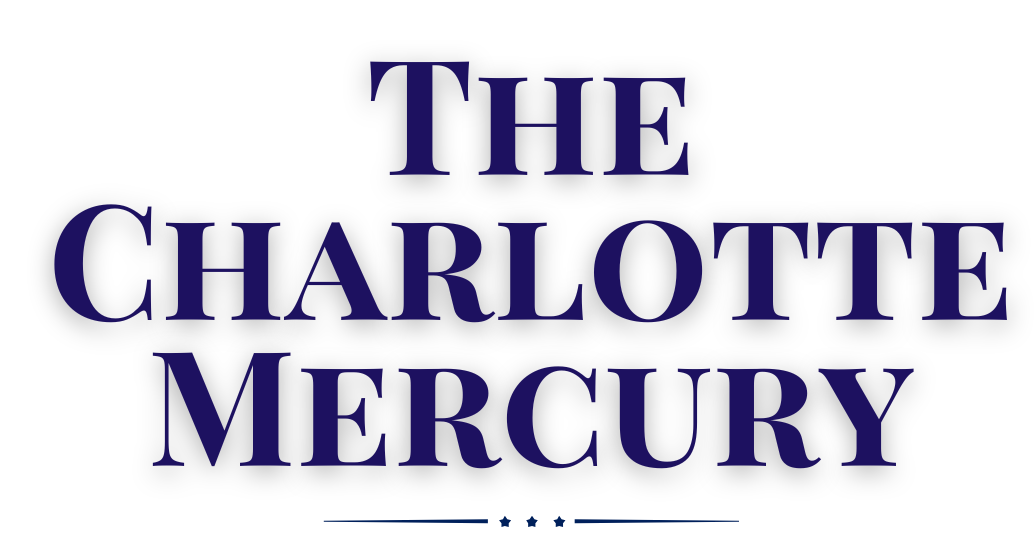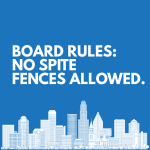Charlotte’s Crackdown on Unsafe Housing: City Targets Substandard Living Conditions 🏘️
Charlotte is ramping up efforts to ensure safe and livable housing for all its residents. During the January 6th City Council meeting, members outlined plans to strengthen enforcement of the city’s minimum housing code, targeting unsafe properties and addressing persistent housing violations.
These efforts come as the city faces rising concerns about substandard living conditions, particularly in lodging establishments and multi-family residences. Officials emphasized a comprehensive approach, combining enforcement, collaboration, and community engagement to protect residents.
📺 Click here to watch the full meeting.
Stronger Enforcement of Housing Standards
City leaders agreed that unsafe housing poses not just health risks but broader safety and community issues. Rebecca Hefner, Director of Housing & Neighborhood Services, explained the need for stricter enforcement:
- Proactive Investigations: Limited resources have historically forced the city to prioritize the most severe violations. New initiatives aim to expand investigation capacity to catch violations earlier.
- Civil Penalties: Council members called for penalties that carry more weight, ensuring property owners take responsibility for maintaining safe housing.
Council Member LaWana Mayfield summed up the city’s new approach: “If it’s not a place you’d let your mother stay, then it’s not a place anyone should call home.”
Targeting Nuisance Properties
Addressing nuisance properties was also a key focus. These properties often contribute to neighborhood decline and can pose safety risks to residents. The city is considering:
- Stronger Nuisance Abatement Tools: By enhancing existing enforcement measures, the city hopes to hold repeat offenders accountable.
- Cost Recovery Mechanisms: Officials discussed ways to recoup costs incurred by the city when intervening in unsafe or neglected properties.
Council Member Renee Johnson highlighted the broader impact: “When we address nuisance properties, we’re improving safety not just for the immediate residents but for the entire neighborhood.”
Collaboration and Wraparound Services
The city acknowledged that tackling unsafe housing requires collaboration with other government agencies and community organizations. This includes:
- County Partnerships: Increased coordination with Mecklenburg County to address mental health and homelessness issues linked to housing conditions.
- Faith-Based Groups and Schools: Leveraging existing networks to provide resources and outreach directly to affected residents.
Council Member Victoria Watlington emphasized the need for a people-centered approach: “Safe housing isn’t just about enforcement—it’s about providing the right resources to help residents improve their circumstances.”
Next Steps in Housing Safety
The council laid out a roadmap for addressing substandard housing:
- Stakeholder Engagement: Listening sessions with residents and housing advocates will help shape new policies.
- Benchmarking Best Practices: The city is studying successful housing safety programs from other municipalities to adopt proven strategies.
- Policy Revisions: Possible changes to the minimum housing code and nuisance abatement policies will be reviewed in the coming months.
Legal advisors cautioned that some changes may require collaboration with the North Carolina General Assembly, particularly around property rights and enforcement powers.
Residents at the Center of the Strategy
While the city is focusing on enforcement, council members stressed that residents remain the priority. Council Member Braxton Winston highlighted the importance of hearing from those directly affected: “People deserve to have their voices heard. Our policies must reflect their lived experiences.”
The city also plans to enhance communication around available resources, such as:
- Housing assistance programs.
- Temporary accommodations during property interventions.
- Opportunities to participate in resident councils or advocacy groups.
Funding the Vision for Safe Housing
City Manager Marcus Jones outlined funding opportunities to support these initiatives, including federal grants and leveraging the recently approved $400 million bond.
Council members also discussed the importance of public-private partnerships to amplify resources and address housing challenges at scale.
Thank You to Our Sponsor
This article is sponsored by Joe Maus Chevrolet, your trusted source for reliable vehicles and exceptional customer service. With a free lifetime warranty and the best price guarantee, Joe Maus Chevrolet ensures peace of mind for every driver. Visit them at Highway 521 Bypass South, Kershaw, SC, or call 803-369-8234 to learn more!
Discover More on Charlotte Mercury
Stay updated on how Charlotte is tackling critical issues like housing, public safety, and community development with Charlotte Mercury. Check out our dedicated sections for the latest insights:
Have a tip or idea? Reach out to us on Twitter—or as we call it, Twix—and join the conversation!
Jack Beckett
Brewing up the stories that matter, one cup of coffee at a time. ☕
Stay informed and stay connected with Charlotte Mercury. 🌟








